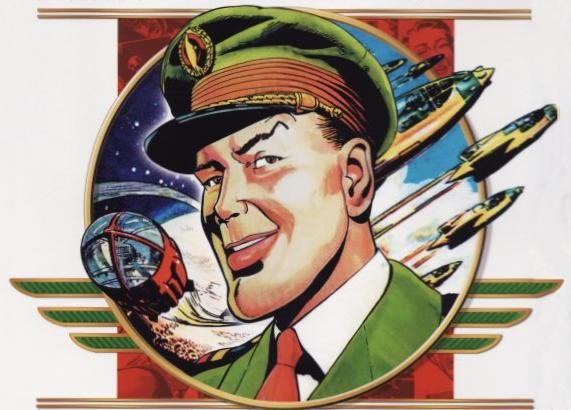A Time of Our Lives: How We Grew Up From the 1940s to the 1960s
by Gerald Rice (Order from A Time of Our Lives Ltd., 11 Mornington Green, Trim, Co. Meath; €10 + €2.95 p&p; e-mail: atimeofourlives@gmail.com)
This is an unusual autobiography which will resonate with Gerald Rice’s contemporaries both in Ireland and the UK.
He describes in extraordinary detail the milieu in which he spent his childhood and early manhood. He was born in a farm worker’s cottage near Drumaness in Co. Down on July 7, 1943. The family transferred to Birmingham city three years later. They resided in a house next to a garage, where Gerald’s father worked as a foreman.
Following primary school Gerald attended St Philip’s Grammar School, which had been founded by John Henry Newman. Priests from the Birmingham Oratory served on the Board of Governors and taught in the school. He pens a glowing tribute to their benign influence on the school and the surrounding areas.
Gerald served as an altar server in the local parish and recalls escapades in which he and the other altar servers were involved and their intense rivalry with other boys in the church choir.
Trainee teacher
On leaving St Philip’s he spent a year as a trainee teacher in a local school. Then he attended and graduated from St Mary’s Teacher Training College, Strawberry Hill, London. Thereafter he spent most of his life teaching, including a stint in Saudi Arabia before taking up a career in business.
Gerald provides an interesting survey of his reading during his formative years. There were the comics – the Rover, the Hotspur – but his favourite read was the Eagle.
Edited by a Church of England minister, it promoted values. He enjoyed Treasure Island, Robinson Crusoe and the Just William books about a ten-year-old always getting into scrapes. He read stories about British icons such as Nelson and Churchill and even about the exploits of Field Marshall Rommel.
The Daily Mirror was the newspaper in the Rice house. Unlike its competitors it was not attached to a political party. Then, unlike today’s tabloids, it was not driven by stories and gossip about celebrities and provided real news. Moreover, it campaigned for justice and proper treatment for all, especially the working class.
Newspapers and magazines in the 1950s vied with each other in making predictions. They predicted driverless cars, trains travelling at 200 mph and rocket planes flying from London to Australia in five hours! They also had a lot to say about the future exploration of the moon and the planets.
Gerald reminisces also about events. On the home front there was the austerity and rationing after World War II which was more severe than that experienced on the continent. And there was the smog, a feature of every winter. The Cold War ensured the continuation of National Service and almost a million Britons remained in the various services. Britain’s aspirations to be a leader in aviation crashed with the ill-fated De Havilland Comet [pictured].
Gerald recalls the impact on him and his contemporaries of the Korean war, the war in Vietnam particularly the fall of Dien Bien Phu and the debâcle on the Suez Canal which put an end to Britain’s imperial dreams and fantasies.
All of Gerald’s memories do not concern wars and their tragic consequences. He fondly remembers the Festival of Britain and the coronation of Queen Elizabeth II which promised to usher in a glorious future.
Then there were hikes in Ireland and Germany and an unsuccessful attempt to ‘go around the world’ which ended in the Sahara with some fascinating exchanges with members of the French Foreign Legion.
Gerald says he was “dumped” by no fewer than two blondes. However, it seems he did have some success in his romantic life, as is attested to by the fact that his book is dedicated to “a girl with nut-brown hair…”


 Dan Dare Pilot of the Future
Dan Dare Pilot of the Future 